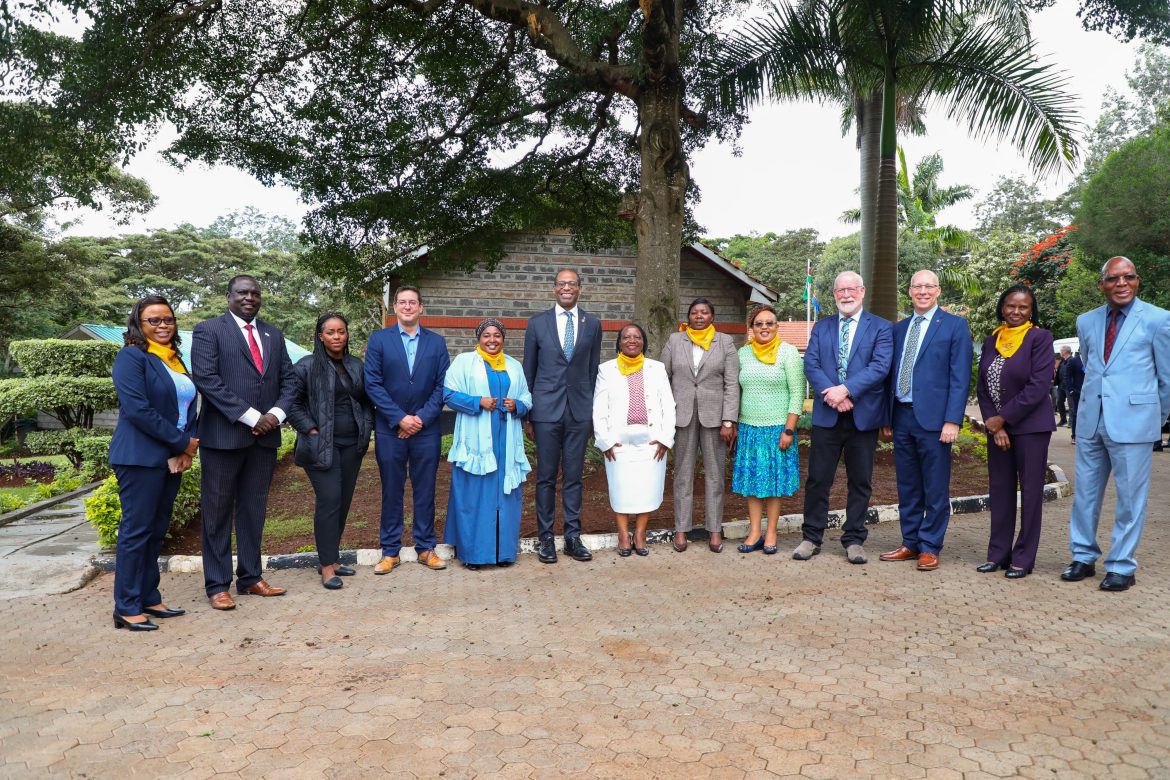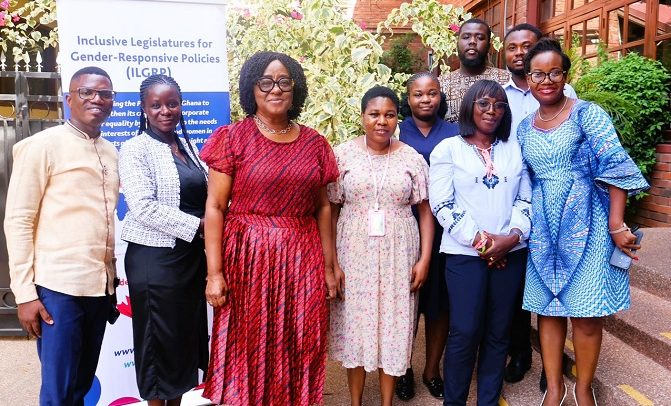National Parliaments have a role in ensuring that the targets set forth in development agendas such as the Sustainable Development Goals (SDGs) are achieved. In order to do this successfully, reliable data and information is required. Parliamentary Research services and Committee Secretariats play a crucial role in the daily operations of legislatures.
Research – and the data on which this is based – improves legislative decision-making and strengthens democracy. Development agendas therefore, thrive on good research – and credible, quality data.
It is in this vein that the Data for Accountability Project (DAP) has been supporting the capacity of the Parliament of Ghana’s Research Department and the Committees of Finance and Poverty Reduction to use Data Sources for SDGs Monitoring. Implemented by the African Centre for Parliamentary Affairs (ACEPA), INASP and the Ghana Statistical Service (GSS) and funded by the William and Flora Hewlett Foundation, DAP has made great strides in its first 12 months. This is the first project working at the intersection of the data, Parliamentary strengthening and Evidence Informed Policy making sectors, and there is much for these groups to learn from each other.
At a recent training event, Professor Samuel K. Annim, Ghana’s Chief Statistician emphasised the need for research to be guided by the integrity associated with the output and the ethics that govern the conduct of the research. Underscoring the need for research uptake, he told the Researchers that for research to be used, “two things should occur: i) the trust that people have in you as a researcher and ii) the transparency, in terms of the openness in the techniques that you are using”. He also made a call for a national research integrity regulatory framework to guide the collection and processing of data in all sectors of the economy.
Mr. Mohammed Hardi Nyagsi, Director of the Research Department of Parliament of Ghana highlighted how important the quality and integrity of data is to the research department. Access to credible data has been one of the challenges faced by the department and Mr Nyagsi commended the project for the opportunity to strengthen the collaboration between Parliamentary Research Department and the Ghana Statistical Service.
To support this demand for access to reliable, quality data GSS are working together with the National Development Planning Commission (NDPC) and the Ministry of Finance (MoF) to have a “one front information service around Ghana’s SDGs process” that can feed parliament with the right information needed to oversee the executive and track progress.
In February this year, DAP supported a training for Regional Statisticians and Senior Officers of the GSS on understanding how the institution of Parliament works and how as data producers, the GSS can engage effectively with these structures.
At the July training event, experts from the GSS, NDPC and the MoF introduced research and committee staff to the SDGs indicator framework, metadata on the SDGs indicators, SDGs data flow system and the role of international agencies in estimating indicators for which national data is not available. Staff were also trained on how to navigate the national reporting platform and other complementary data platforms; the linkages between the SDGs indicators, the national medium-term development framework indicators and the national budget.
The Ghana Statistical Service has been leading the charge on monitoring Ghana’s Covid-19 response, and the DAP project has provided a great opportunity to integrate these tools into the SDG tracking service. Research and committee staff have been introduced to the new COVID-19 monitoring dashboard, and the COVID-19 Households and Jobs Tracker Survey – both new initiatives of the GSS to provide evidence which can be packaged for the use of parliamentarians in overseeing government response to the pandemic.
Research and parliamentary staff have commended the project and the implementing institutions on their effort to establish a closer relationship between them and data producing entities particularly the GSS.
“This collaboration will help us as researchers within parliament” explains Judy Aikins, from the Research Department of Parliament of Ghana. “I need current information. Rather than having to go out and conduct our own research, not only do we now have the goals and indicators, but we can actually search further on the metadata to find the actual figures we need”
Building on this support, the Parliamentary Service has approved the creation of a SDGs/Statistics Desk in the Research Department as an initial strategic step towards the establishment of a Data and Statistics Centre to meet the data requirements of Ghana’s Members of Parliament as well as to improve evidence use in Parliament.
Watch video highlights of the training of Parliament of Ghana staff and training of Ghana Statistical Service staff.


